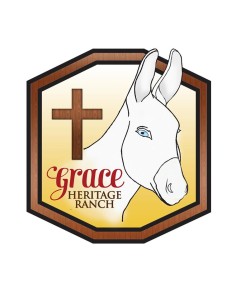- South Texas Students Meet Accordion Music Icons Los Tigres Del Norte In Edinburg Thanks To Khs America/Hohner Alianza Académica Initiative
- Fragile Planet Offers a Nighttime Wildlife Experience
- Falcons Soccer Off & Running
- Cameron County Receives Funds to Improve Two Parks
- Falcons Complete First Half of 32-6A
- School District to Help out Victims of California Wildfires
- Sand Castle Days Continued Despite Unexpected Weather
- Ready for District
- Discussion of Garbage Dumpster Rates, Agreements Between State & City on Highway Regulations, and More
- 31st Annual Shrimp Cook-Off is Right Around the Corner
Compost for your Garden
- Updated: September 5, 2014
 In our last article we talked about the importance of adding compost to the soil in your garden. Now we’ll discuss what is needed to make compost. There are four ingredients: water, air, and two different kinds of compostable materials called greens and browns. Let’s look at each one of these in detail.
In our last article we talked about the importance of adding compost to the soil in your garden. Now we’ll discuss what is needed to make compost. There are four ingredients: water, air, and two different kinds of compostable materials called greens and browns. Let’s look at each one of these in detail.
Greens are also referred to as nitrogen because that is the main nutrient they contain. Some compostable materials that are considered “greens” are new grass clippings, fruits, vegetables, kitchen scraps (banana peels, potato peels, eggshells, coffee grounds, tea leaves), and manure from chickens, turkeys, cows, horses, and goats. Although you can add meat, fish, and dairy products, it’s often advised not to because they will attract pests such as possums, raccoons, rats, and mice.
Browns are also referred to as carbon because that is the main nutrient they contain. “Brown” compostable materials consist of things like dead Leaves, straw, hay, woodchips, sawdust, shredded newspaper, and feathers. If using sawdust, use a very small amount since its carbon content is very high.
There are also some things that you should not put in your compost. Do not add dog or cat waste, oil, grease, fat, wood ash, charcoal, invasive plants, diseased plants, and weed seeds.
Water is also essential for compost but not too much nor too little. To see if your compost has the right amount of water squeeze a hand full of the compost; it should feel moist, but water should not drip out of it.
Compost also needs air. If the compost is too compact it will not decompose properly. Most of the air your compost gets will be though turning the compost pile.
Those are the four ingredients you need to make compost – greens, browns, water, and air. In the next article we’ll talk about different types of compost bins.
To learn even more and get hands-on experience, join us at Grace Heritage Ranch for our Saturday morning tours. We are located just 30 minutes northeast of Harlingen near Santa Monica. Please visit us at www.GraceHeritageRanch.com or www.Facebook.com/VisitGHR . For a recorded message, please call 1-855-447-8687. We offer both public and private tours.
